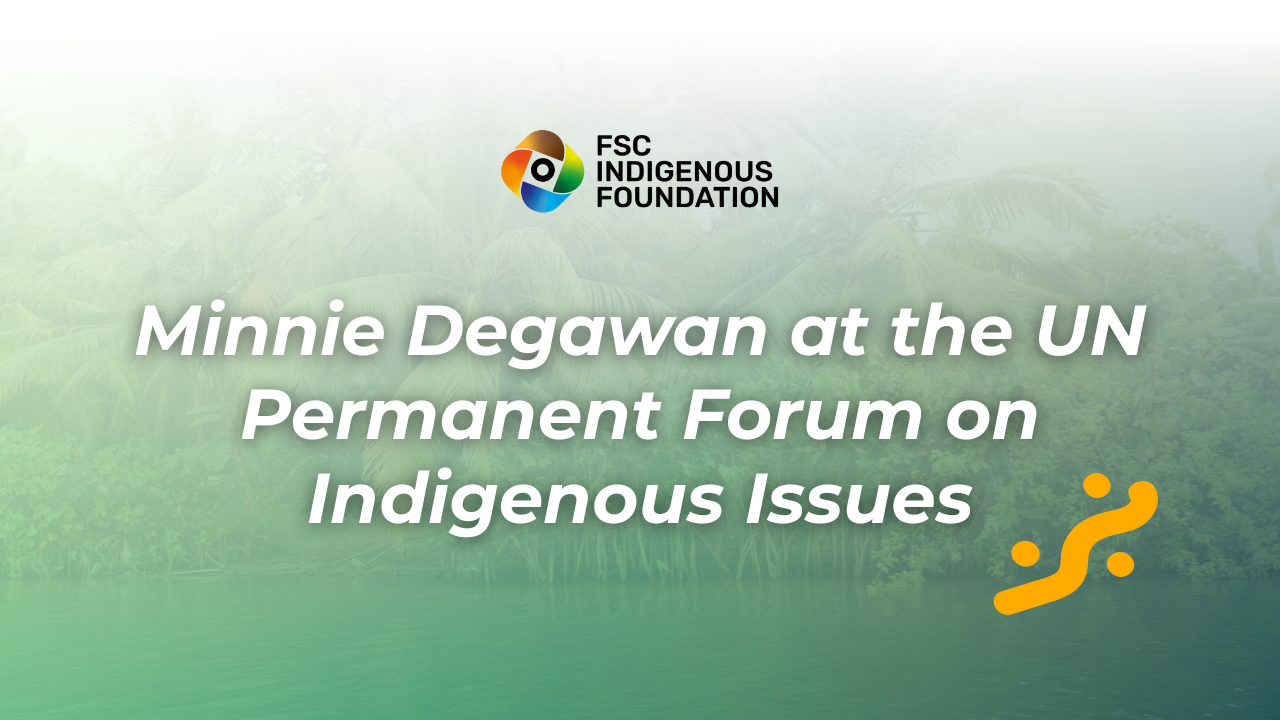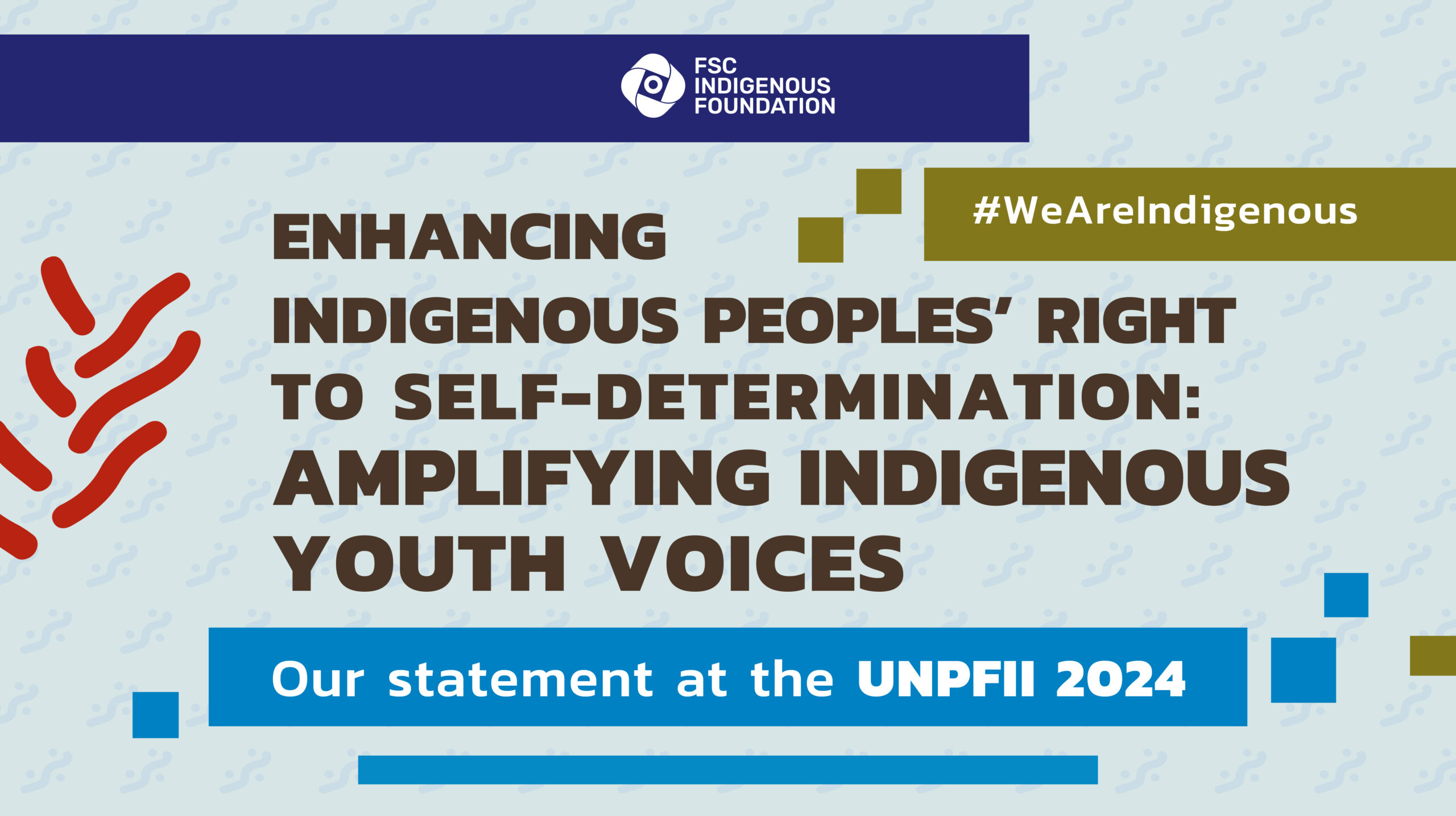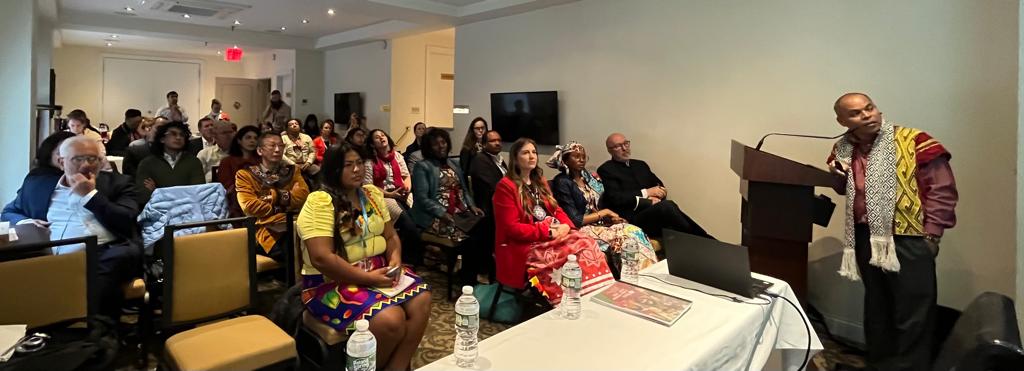Voices That Echo Through the Forest
Minnie Degawan at the UN Permanent Forum on Indigenous Issues

From the mountain ridges of the Philippines to the halls of the United Nations, the voices of Indigenous Peoples continue to rise—not in protest alone, but in wisdom, resilience, and deep-rooted knowledge of how to live in balance with nature.
This April, as world leaders and Indigenous representatives gather in New York for the 24th session of the UN Permanent Forum on Indigenous Issues (UNPFII), our Managing Director Minnie Degawan—a proud Kankanaey Igorot woman—will be there, carrying the stories and hopes of Indigenous communities from around the globe. With the theme of this year’s session focused on “Implementing the United Nations Declaration on the Rights of Indigenous Peoples,” the moment is not just symbolic—it’s strategic. It’s a time to spotlight good practices, confront persistent challenges, and most of all, listen to those who have safeguarded the planet for generations.
As part of our Voices of the Land campaign, Minnie’s presence at the Forum is more than participation—it’s a powerful act of advocacy. In a heartfelt video message to mark the occasion, she shares, “we believe that the knowledge of Indigenous Peoples is essential to the health of our planet.” Through Voices of the Land, we are sharing real stories of Indigenous leadership in forest stewardship, language preservation, and climate resilience—stories that often go unheard, but are vital to reimagining a sustainable future.
The campaign and the Forum intersect in their urgency. While Indigenous Peoples manage over 25% of the Earth’s land surface and protect 80% of its biodiversity, their rights remain fragile, their languages endangered, and their contributions under-recognized. At the FSC Indigenous Foundation, we’re committed to changing that narrative—by investing in Indigenous-led solutions, creating platforms for Indigenous voices, and calling for meaningful partnerships across all sectors.
We are also proud to share that Ms. Hindou Oumarou Ibrahim, Chair of the FSC Indigenous Foundation Council, is leading this year’s Forum as the Chair of the UNPFII. Her leadership marks a moment of great promise—one in which Indigenous voices are not only represented, but guiding the way forward.
And with Mother Earth Day approaching on April 22, this is a time to reconnect with our roots, renew our commitments, and honor the Earth—as Indigenous Peoples have done since time immemorial.
📢 Get Involved:
- Watch Minnie’s video message and share it with your network.
- Follow us on social media for live updates from UNPFII 2025.
- Support Indigenous-led solutions and fund transformation: contact us at fsc.if@fsc.org






